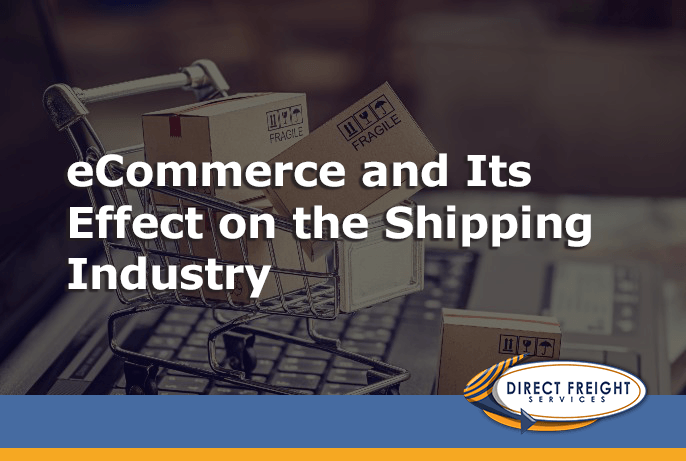So, you decided to become a freight broker. What was the reason? Was it the flexibility? Wanting to become your own boss? The ability to turn hard work into a 6-figure income? The prestige in being part of the supply chain that keeps America running?
Whatever the reason, you took the plunge to become a middleman between shippers and carriers and went through all of the processes of structuring your business and filing all of the legal forms to make your business possible. (If you haven’t, more details on the process can be found here.) Now what? Where do you begin? How do you get a list of shippers? Do you know any truckers? You’re the middleman, how do you get in the middle?
Sure, you can use Google to search for names of shippers, and you may even be able to find some truckers, but it’s a tedious process that takes a lot of time. And as we all know, time is money. Load brokers rely on their contacts for work and most people don’t have a handy Rolodex of direct shippers sitting on their desk, certainly not when first starting out. But you can have one at your fingertips. Load boards are your Rolodex.
That’s the beauty of them. Load boards give you all the information you need from shippers who need loads shipped to truckers looking to drive loads. Even if you do have contacts that you can utilize, load boards can help you fill in gaps and keep trucks on the road when your regular contacts have nothing for you.
Load boards have other advantages too.
- They’re inexpensive. For a small monthly fee you can have full access to their updated lists of shippers and carriers.
- They’re convenient. Because most of them these days are web-based, they can be accessed from any computer or mobile device 24/7 so there is no costly software requiring constant updates.
- It reduces deadheading. That’s when there’s a load going in one direction but not the return one. The most successful freight brokers will keep trucks full, picking up loads for the return trip for efficiency.
Okay, we’ve fully established that the success of your brokerage business depends on you finding a freight board. But which one? There are so many of them out there and it’s important to find one that works for you. Many load boards have lots of bells and whistles and their main function gets lost in the mire. Look for an interface that is straightforward with the load/truck search engine as the main feature.
Your main goal is to find concise, current loads and trucks, but there are a few other features that some load boards have that can help your business be more efficient.
- Credit reports. Know who you’re dealing with ahead of time.
- Deadhead and Trip Miles. Know your miles full and empty.
- Weather Reports. Know the weather where your trucks are.
- Store and Send Documents. Fax, email, or text with one click.
- Email Alerts. Get alerts on loads and trucks.
- Load organization. Keep everything organized so nothing gets lost in the shuffle.
DirectFreight has everything you should be looking for in a load board. With its clear-cut interface, you can easily navigate your searches along with customized features like important saved documents and emails. It not only provides up-to-date load and truck information, it helps your business to be more organized and professional. Check it out for yourself with a 15-day free membership at DirectFreight.com and make your freight brokerage firm prosper!





